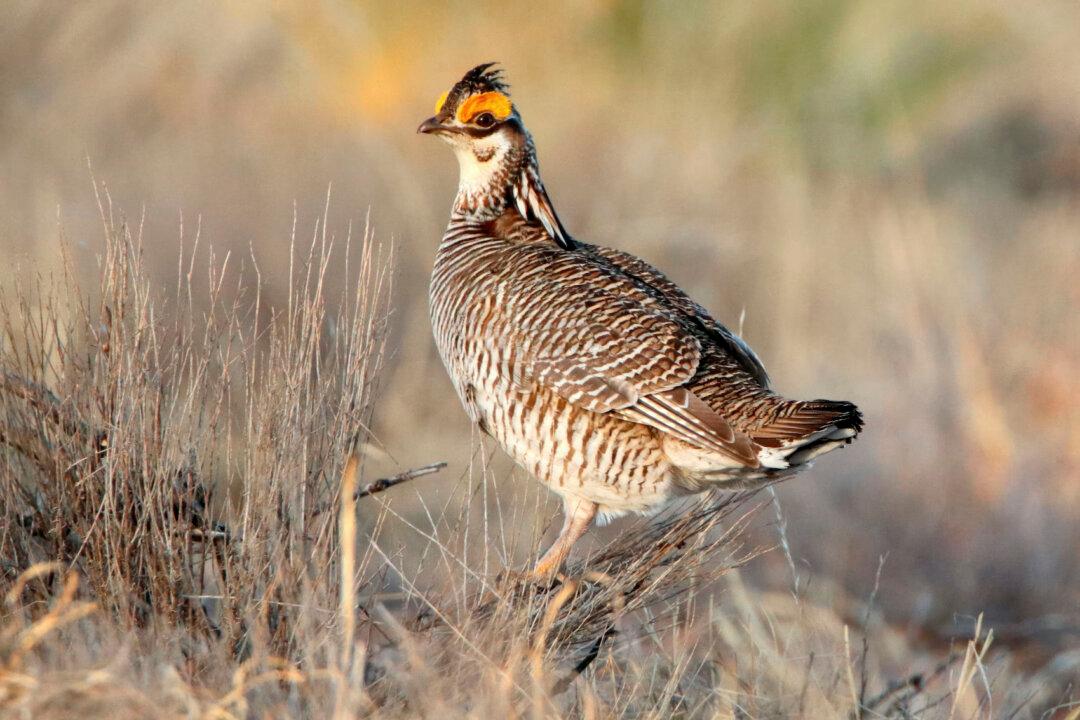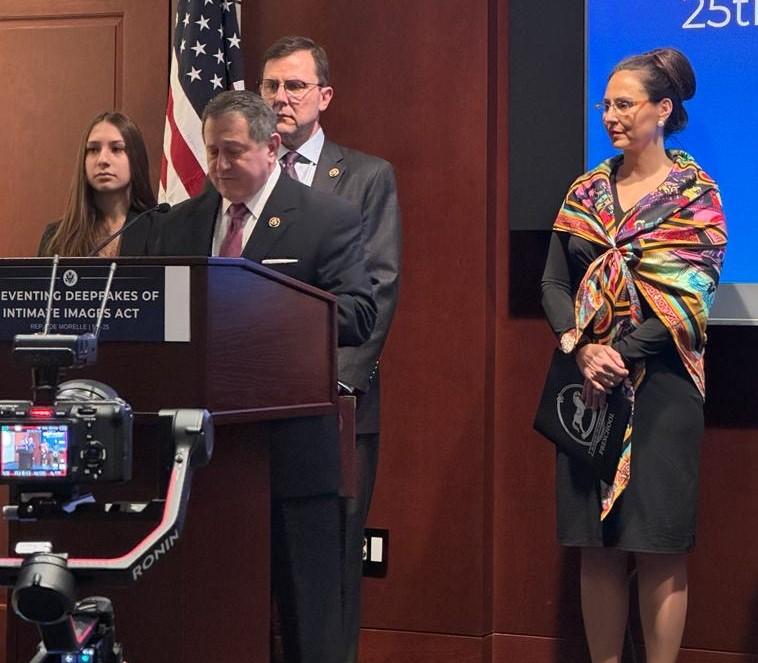A GOP-led House on July 27 voted to overturn two Biden administration Endangered Species Act (ESA) rules, one intended to protect the lesser prairie chicken, the other the northern long-eared bat.
In May, the Senate voted to overturn protection rules for the two animals, with the votes almost exclusively along party lines, with Republicans backing overturning the regulations. The Senate vote on the prairie chicken was 50-48, with Sen. Joe Manchin (W.Va.) voting with the Republicans and two Democrats absent. Later that month, the vote was 51-49, with Sen. Amy Klobuchar (Minn.) and Mr. Manchin voting with the GOP.





